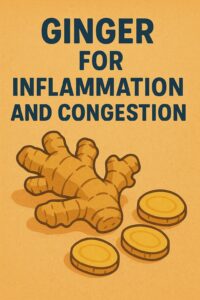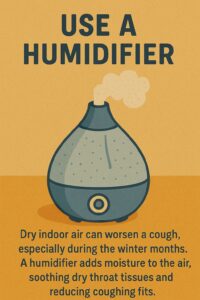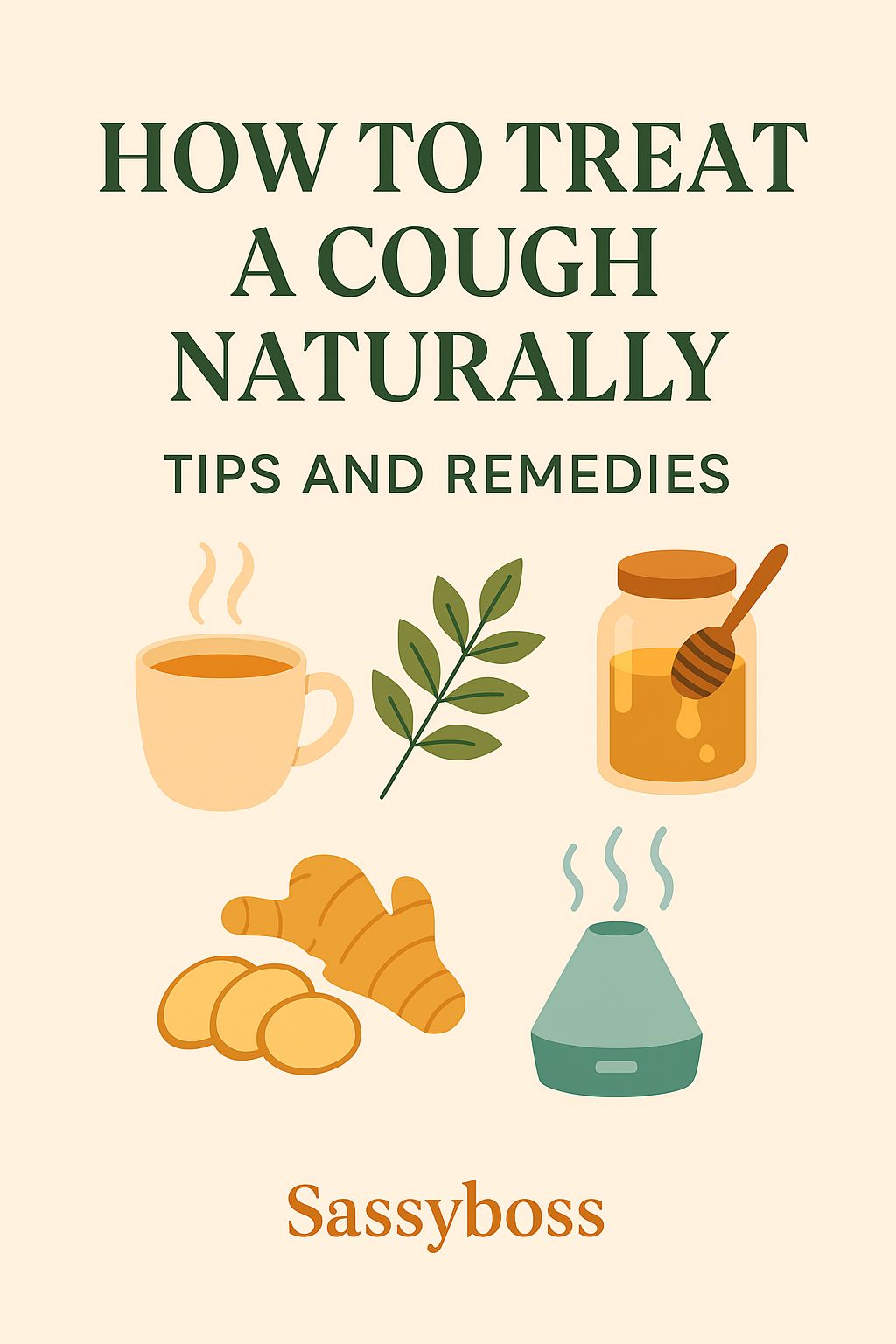How to Treat a Cough Naturally: Tips and Remedies
A persistent cough can be frustrating, exhausting, and disruptive to your daily routine. While over-the-counter medications are readily available, many people prefer natural remedies that are gentle on the body and free of synthetic chemicals. Whether you’re dealing with a dry, tickly throat or a chesty, mucus-producing cough, nature offers a variety of time-tested solutions to ease your symptoms.
In this post, we explore effective natural remedies and tips for treating a cough at home. These methods can be especially useful for mild to moderate coughs caused by colds, allergies, or throat irritation. However, it’s important to consult a healthcare provider if your cough lasts more than three weeks, is severe, or is accompanied by fever, chest pain, or shortness of breath.
1. Stay Hydrated
One of the simplest and most effective ways to soothe a cough is by staying well-hydrated. Fluids help thin the mucus in your throat and lungs, making it easier to expel and reducing irritation. Warm fluids like herbal teas, broths, and warm water with lemon can be particularly soothing.
Tip: Try sipping warm water with a slice of lemon and a spoonful of honey for added throat relief.

2. Honey: Nature’s Cough Suppressant
Honey has been used for centuries as a natural cough remedy. Its antimicrobial properties help fight infection, and its thick consistency coats and soothes an irritated throat.
A study published in the journal Pediatrics found that honey was more effective at reducing nighttime coughing in children than dextromethorphan, a common cough suppressant. However, honey should not be given to children under one year old due to the risk of infant botulism.
How to use:
• Mix 1-2 teaspoons of raw honey with warm water or herbal tea.
• Take a spoonful straight before bed to reduce nighttime coughing.
3. Ginger for Inflammation and Congestion
Ginger is another powerhouse of natural healing. It has anti-inflammatory and antioxidant properties that can help relax airway membranes and reduce coughing, especially if your cough is caused by asthma or throat irritation.
How to use:
• Boil fresh ginger slices in water for 10 minutes to make ginger tea.
• Add lemon juice and honey for extra soothing benefits.

4. Steam Inhalation
Inhaling steam is a traditional remedy that helps loosen mucus in the lungs and nasal passages, making it easier to breathe and reducing the urge to cough.
How to use:
• Fill a bowl with hot water and add a few drops of essential oils such as eucalyptus, peppermint, or tea tree oil.
• Place a towel over your head and lean over the bowl, inhaling deeply for 5-10 minutes.
A hot shower can also serve the same purpose if you’re short on time.
5. Saltwater Gargle
Saltwater helps reduce inflammation and kill bacteria in the throat, providing relief from a dry, scratchy cough.
How to use:
• Mix 1/2 teaspoon of salt into a glass of warm water.
• Gargle for 30 seconds and spit it out.
• Repeat 2-3 times a day as needed.

6. Turmeric Milk (Golden Milk)
Turmeric contains curcumin, which has strong anti-inflammatory, antiviral, and antibacterial properties. When combined with milk, it forms a comforting drink that can ease coughing and support the immune system.
How to use:
• Warm a cup of milk (dairy or plant-based).
• Stir in 1/2 teaspoon of turmeric powder.
• Optionally add honey and a pinch of black pepper for better absorption of curcumin.
7. Use a Humidifier
Dry indoor air can worsen a cough, especially during the winter months. A humidifier adds moisture to the air, soothing dry throat tissues and reducing coughing fits.
Tip: Clean your humidifier regularly to prevent mold and bacteria buildup.

8. Elevate Your Head While Sleeping
Coughing often worsens at night. Elevating your head with extra pillows can help prevent mucus from collecting in your throat, reducing the frequency and intensity of nighttime coughing.
9. Avoid Irritants
Environmental irritants such as cigarette smoke, strong perfumes, and dust can trigger or worsen a cough. Try to avoid exposure to these irritants and maintain a clean, allergen-free environment.

Final Thoughts
While a cough can be annoying, many natural remedies can help alleviate symptoms and promote faster healing. These remedies work best when combined with rest, a healthy diet, and proper hygiene. Remember, if your cough is chronic or worsening, it’s essential to seek medical advice to rule out underlying conditions such as bronchitis, pneumonia, or allergies.
Disclaimer: This article is for informational purposes only and does not constitute medical advice. Always consult with a healthcare professional before trying new remedies, especially if you are pregnant, nursing, or taking medications.
